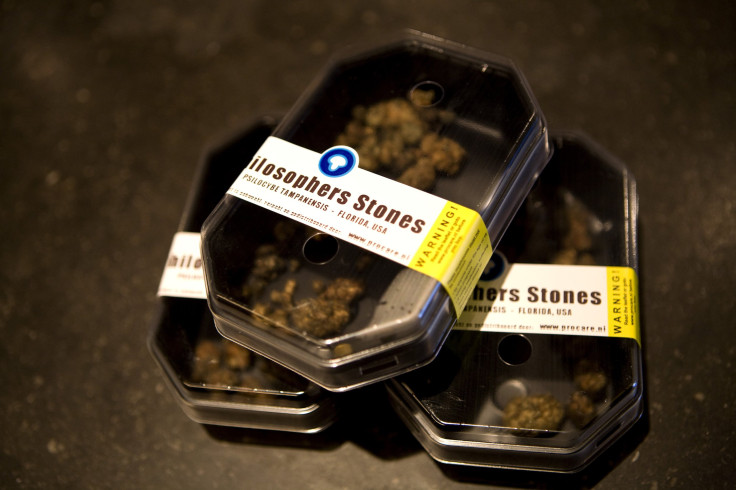Just like cannabis, magic mushrooms also have healing powers: Depression patients report ‘mystical’ and ‘spiritual’ experiences

Scientists from Imperial College London and The Beckley Foundation have shown that magic mushrooms have healing powers, just like cannabis. They used the shrooms to successfully treat people suffering from depression. Now, the scientists believe that the psychedelic compound in magic mushrooms, Psilocybin, can be used in future to treat patients with severe depression and where all other therapies have failed.
On Tuesday, the British researchers said that the mushrooms proved to be safe and effective for patients with treatment-resistant depression. Psilocybin is a Class A psychedelic substance. The scientists found that 25mg of Psilocybin fought off depression symptoms for more than three months. The dosage is equivalent to consuming at least five magic mushrooms.
“It is very exciting that our latest psilocybin study paves the way for a new treatment for depression. For the first time in many years, people who were at the end of the road with currently available treatments reported decreased anxiety, increased optimism and an ability to enjoy things. This is an unparalleled success and could revolutionise the treatment of depression,” study author Amanda Feilding said in a statement.
Patients reported mystical and spiritual experiences as they tripped on the shrooms. The pilot study involved 12 patients in the age group of 30-64 years with moderate to severe drug-resistant depression. They had failed to respond to two courses of antidepressants. The patients had an average of 18 years of depression without any psychosis and suicide attempts. At first, they were given a dosage of 10mg, and in the consecutive week, the strong dose of 25mg, while listening to soothing music.
The study, published in The Lancet Psychiatry Journal, reports that all the patients experienced a reduction in symptoms after a week of taking the shrooms. Eight of the 12 patients achieved full remission and were liberated from their depression temporarily. Seven patients continued to improve after three months of swallowing the Psilocybin capsules. Five remained depression-free.
According to Express.co.uk, there were a few side effects such as headaches, nausea, and confusion. In some, mild paranoia was also reported.
“We didn't see anything unexpected and the adverse effects were mostly things that we predicted and were relatively mild. Nevertheless, the limitation of this treatment is the acute experience itself. It can be psychologically challenging,” said Dr. Robin Carhart-Harris, lead scientist from Imperial College London.
In Australia, medical marijuana will soon be used to treat terminally ill patients and now talks are on to extend the benefits of medicinal cannabis to non-terminal patients too. Trials are being conducted on severe epilepsy sufferers, especially children, chemotherapy-induced pain sufferers and those with terminal illnesses.





















